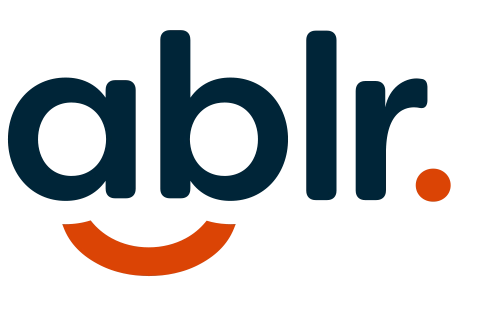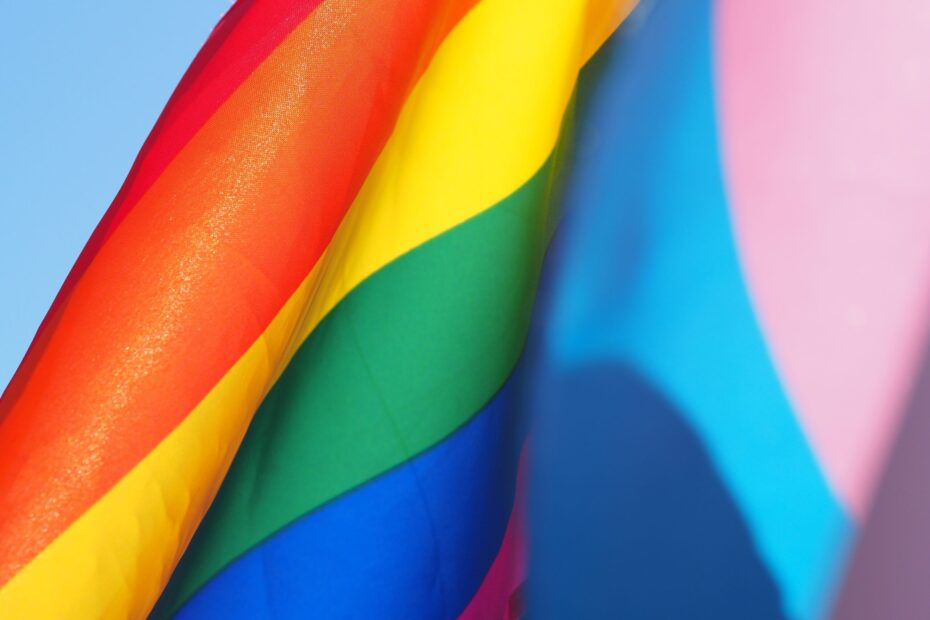Written by Travis Davis
June is Pride Month for the LGBTQ+ community – an event that emerged from the Stonewall Riots that took place in June 1969. With many proud voices retelling their stories of courageous people, the month has become a thriving memorial of the struggles and victories of the LGBTQ+ community.
However, an alarming statistic states that one in five LGBTQ+ people have experienced a hate crime or incident due to their sexual orientation and/or gender identity in the last 12 month. The situation is even bleaker for people who identify as LGBTQ+ and also live with a disability. One in three people with disabilities feel that disability prejudice is still commonplace. When LGBTQ+ and disability prejudice is “stacked”, the individual comes to be particularly at risk for discrimination.
There are, luckily, things you can do to become an ally to people who identify as LGBTQ+ and also have a disability.
How To Be An Ally To LGBTQ+ Disabled People
- Watch your language. Every LGBTQ person with a disability will have a unique relationship to language, and a preference for disability-related terminology. Using the correct terms and language the person has chosen for themselves conveys a basic level of respect. Follow the person’s lead, and if you’re unsure, ask them what they prefer.
- Fight for accessibility. Society is not designed for individuals with disabilities. As a result, people with disabilities get excluded from events, activities, places, and information that is inaccessible. Inaccessibility often includes into the digital space, and though much socializing during the pandemic has shifted online. Physical and online spaces need to become fully inclusive so that LGBT people with disabilities can join their peers, and feel welcome and valued.
- No assumptions. Disabilities are complex and varied, and many people have disabilities that are hidden and not immediately obvious. LGBT people and people with disabilities don’t look or act in a particular way. You should never assume or make assumptions about a person’s sexuality, gender, or disability.
- Challenge ableism. Ableism is the systemic exclusion and oppression of people with disabilities. Ableism exists across society, and it is widespread within the LGBT community. If you are a member of the LGBT community, you need to be aware that other people’s lives and experiences may be very different from your own, especially if they suffer multiple levels of discrimination due to other elements of their identity, such as disability. Do what you can to dismantle the barriers that keep them from fully participating in the LGBTQ+ community.

